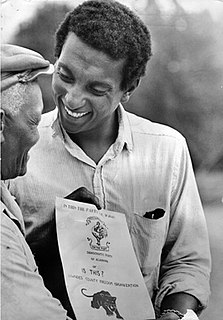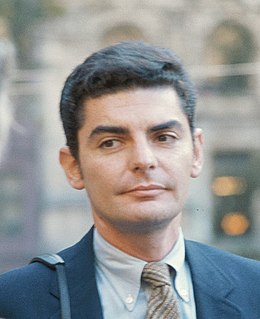A Quote by Jacob Lawrence
This is my genre...the happiness, tragedies, and the sorrows of mankind as realized in the teeming black ghetto.
Related Quotes
I went to this arts high school in Greenville, S.C. In speech class, the teacher, a white man, would say, 'You're talking ghetto. Don't talk ghetto.' I'm not only offended, but I'm confused because while there's nothing wrong with people who come from the projects or the ghetto, that's actually not my experience.
Constance L. Rice, co-director of the Los Angeles of the Advancement Project, told the Times that Seltzer might have been influenced by David Simon's fake ghetto series, "The Wire." It figures. Isn't this sexism? Isn't this a double standard? They're hard on this young woman for her fake ghetto book, yet praise these White guys for theirs. So there's a big market in downing Black men.







































